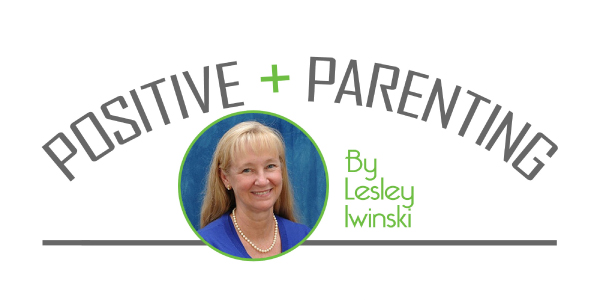Reading to Your Child Creates Lifelong Bonds
Reading to Your Child Creates Lifelong Bonds
By Dr. Lesley Iwinski
Childhood literacy is a popular topic in education largely because of the proven benefits: better communication skills, improved vocabulary, more sophisticated problem-solving skills and greater earning potential.
All this matters little from a child’s point of view. For a child, being read to makes her feel valued, loved and secure.
Children thrive when they feel deeply connected to their parents, and there are few substitutes in these busy times for taking your little one into your warm lap as you look at a book together.
I remember coming home from work when my son was 3-4 months old, and finding our nanny sitting on the porch swing reading him a children’s book. He was engaged and happy, even though he didn’t understand the words.
He loved sitting on her lap, hearing her soft intonation rise and fall as she voiced the characters.
The breeze lifted his few strands of hair off his forehead, and I could see that the two of them shared the day’s delight just being together.
These intangibles of reading with a child are, I believe, the most important. The sense that one is loved and valued in the simple act of shared presence does more to help create a secure, happy human being than any animated story-teller or smart device ever could.
And reading aloud together shouldn’t stop when a child can read on his own.
Here are some ideas to help you make reading together a regular part of your routine.
♦ For reading out loud, no age is too young or too old. Bedtime stories can create a valuable opportunity for closeness even up into the teen years.
♦ Have books in your home. Get them from the library, yard sales or book stores.
♦ Be dramatic! Change voices, add sound effects, involve your child as much as possible.
♦ Ask questions. “What will happen next?” “What would you do?” “When did you see that happen before?” In the Richard Scarry books, for example, “Where’s Goldbug?”
♦ Choose books to facilitate your child’s growth through milestones.
♦ Read stories of adventure and imagination as well as those about nature, history and the lives of individuals.
♦ When your child lets you know she is “too big” for bedtime stories, accommodate that by having a regular “Family Reading Time” where everyone reads on their own.
When you read to your child, you are doing far more than scientific studies suggest. It’s never too late or too early to start.
Dr. Lesley Iwinski is the mother of three grown children, a family physician and Executive Director of The Parent and Family Enrichment Center, Inc. and Growing Peaceful Families.
She offers classes, workshops and seminars. Info: (859) 333-3053 or www.GrowingPeacefulFamilies.com.

